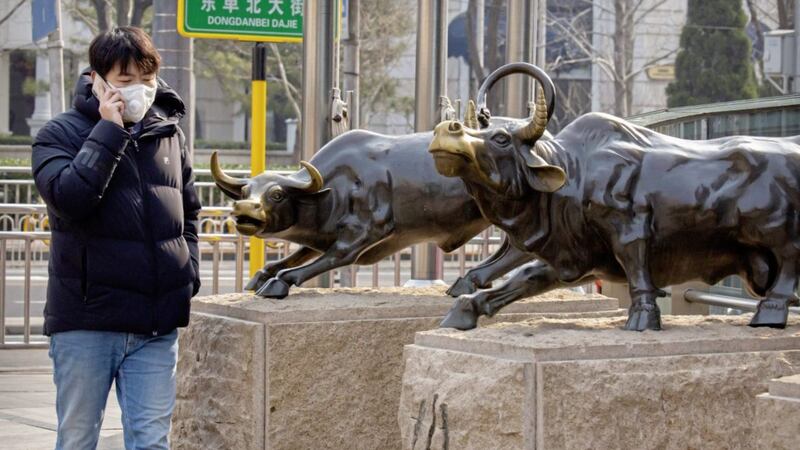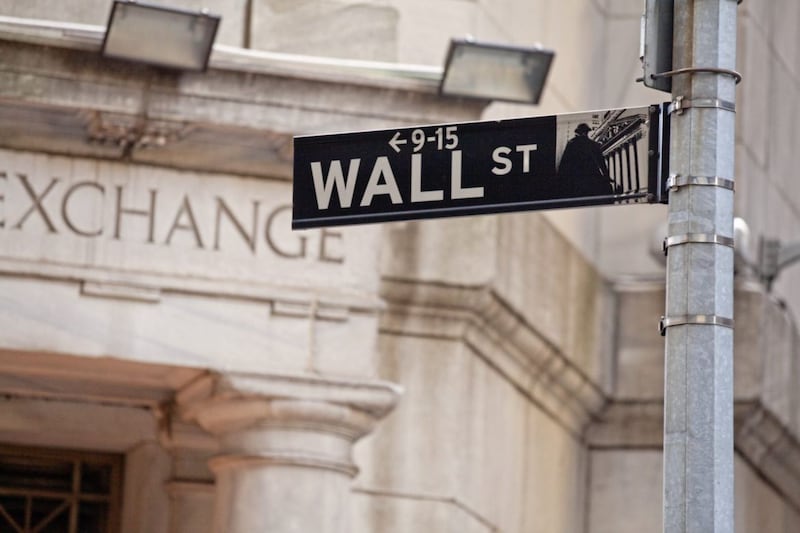SO far, the precise human impact of the new coronavirus is hard to determine. While news of continental spread continues and uncertainty leads to just-in-case quarantine precautions, regardless of any confirmed diagnosis, it’s still not clear how many people will be seriously affected by its symptoms.
The virus has taken lives, so it’s not a threat to be ignored, but it also needs to be viewed with a heavy dose of pragmatism and common sense.
Until this week, the markets had appeared relatively unmoved by the potential impact of the outbreak, with equity valuations remaining steady.
However, the past week has seen significant falls across global equity markets with less risky, save haven assets, such as gold, benefitting.
Meanwhile, the threat of the economic impact of the virus appears to be growing, with US leaders voicing a view that it could deliver a serious blow to this year’s profits.
With such a reliance on Chinese exports in many sectors, there have been some warnings of the impact on the global supply chain, as well as mobility, which may deliver a dent on the global economy.
Far East-based designer goods manufacturers have flagged the risk of a big impact on production and lead-times. Meanwhile UK maker of the luxury 007 car Aston Martin has indicated that its turnaround plans could be hampered by both supply and demand in China, previously one of its fastest growing key markets.
However, we believe the health of the global economy is more robust than many give it credit for and there are a number of potential outcomes whereby the world economy can absorb this blow and get back to business.
Regular readers will also know that we continue to recommend that investors hold long term, diversified portfolios of assets, designed to absorb any short term volatility or market loss.
While it’s tempting to make an investment decision based overtly on emotion, investors would do well to remember that the best decisions are made robustly, dispassionately and with a clear idea of their objectives.
In other words, keep calm and carry on. Hold your line and try not to get swept up in the hype. If you’ve got your investment mix right for bigger picture, sensible long term planning, you should be able to weather the virus.
:: Jonathan Sloan is director of Barclays Wealth & Investments Northern Ireland








